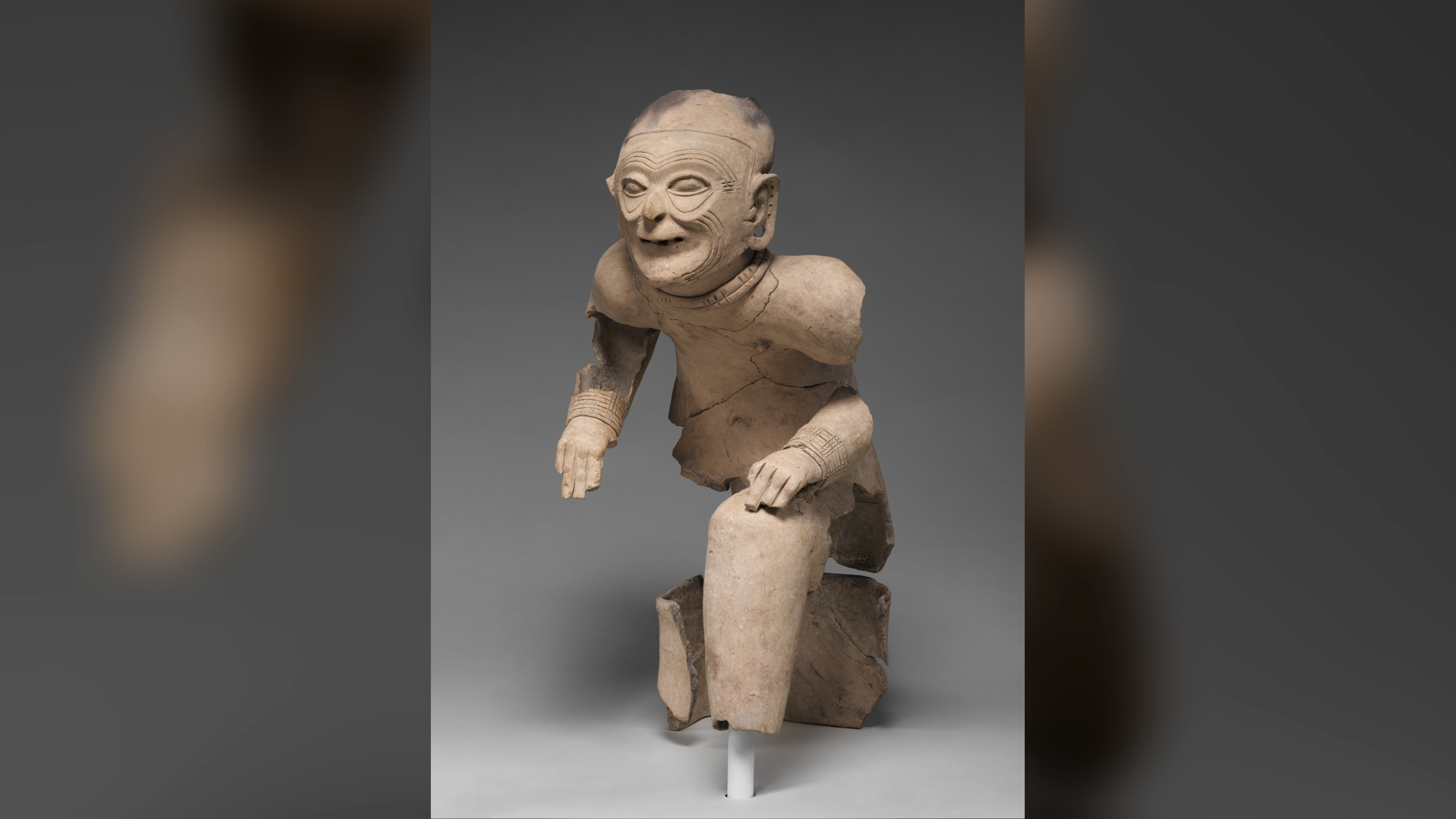Alcohol Intake Peaks at Age 25, But Continues into Old Age

Get the world’s most fascinating discoveries delivered straight to your inbox.
You are now subscribed
Your newsletter sign-up was successful
Want to add more newsletters?

Delivered Daily
Daily Newsletter
Sign up for the latest discoveries, groundbreaking research and fascinating breakthroughs that impact you and the wider world direct to your inbox.

Once a week
Life's Little Mysteries
Feed your curiosity with an exclusive mystery every week, solved with science and delivered direct to your inbox before it's seen anywhere else.

Once a week
How It Works
Sign up to our free science & technology newsletter for your weekly fix of fascinating articles, quick quizzes, amazing images, and more

Delivered daily
Space.com Newsletter
Breaking space news, the latest updates on rocket launches, skywatching events and more!

Once a month
Watch This Space
Sign up to our monthly entertainment newsletter to keep up with all our coverage of the latest sci-fi and space movies, tv shows, games and books.

Once a week
Night Sky This Week
Discover this week's must-see night sky events, moon phases, and stunning astrophotos. Sign up for our skywatching newsletter and explore the universe with us!
Join the club
Get full access to premium articles, exclusive features and a growing list of member rewards.
Men generally drink more alcohol than women, but the genders go through similar changes in their drinking habits over their lifetimes, a new study on people in the United Kingdom finds.
Both men and women in the study reported a sharp uptick in alcohol intake during adolescence that peaked in early adulthood, plateaued in midlife and then declined into older age.
But the researchers also found that, although younger guys drank the largest quantities of alcohol, it was older men who drank the most often, "with lots of men drinking on a daily basis in later life," said lead researcher Annie Britton, a senior lecturer of epidemiology at University College London.
It's concerning that many older men report drinking daily, she said. It could mean that they are becoming dependent on alcohol, she told Live Science. What's more, alcohol can interfere with some medications that are commonly used by older people, such as drugs for blood pressure and pain relief. [How 8 Common Medications Interact with Alcohol]
For the new findings, the researchers pulled data from nine previous studies that included a total of nearly 60,000 people and spanned a 34-year period, from 1979 to 2013. The new study is the first to pool extensive data on drinking behaviors from such a large group of people over a long period of time, according to the findings, published online today (March 5) in the journal BMC Medicine.
People in different age groups had different drinking habits, the researchers found. Teenagers and people in their 20s tended to drink large amounts of alcohol, but only once or twice a week. At age 25, men drank about 10 drinks weekly, on average, whereas women drank about four or five drinks weekly on average, they found.
Women's intake was on average less than men's — a finding that was "no surprise," Britton said. Women in the study were also more likely than men to say they drank only once a month, or on special occasions, the researchers found.
Get the world’s most fascinating discoveries delivered straight to your inbox.
People drank less as they reached middle age. By age 60, men reported drinking an average of three to five drinks of beer a week. By age 70, women reported drinking about one to two drinks a week.
The researchers also looked at drinking frequency, or how often people drank. Drinking frequency increased during middle age, meaning that people — especially men — tended to drink daily or on most days of the week. But frequent drinking declined in very old age, the study showed.
The new study didn't explore the reasons behind these drinking habits, but other studies show that people generally reduce their alcohol intake as they age because of health concerns, weight issues or because they attend fewer social events, Britton said.
"Other people told us they increased their consumption to help them sleep, because they were depressed [or] lost a loved one," Britton said.
Though the study only looks at people in the United Kingdom, it can help researchers identify what groups of people may be putting their health at risk, she said.
Still, "These findings in the U.K. are very similar to the U.S.," said Dr. Mark Willenbring, the former director of the Division of Treatment and Recovery Research of the National Institute on Alcohol Abuse and Alcoholism at the National Institutes of Health (NIH) in Bethesda, Maryland. He is now the founder and CEO of the addiction treatment center Alltyr in St. Paul, Minnesota.
However, the United States likely has more nondrinkers than the United Kingdom, he said. The new study found that less than 10 percent of people in the United Kingdom study were abstinent until age 90, when abstinence rose to above 20 percent, the researchers said.
"There's a lot more abstinence in the U.S.," Willenbring said. Middle-aged adults in the United States also probably drink less frequently than those in the United Kingdom, he noted.
Follow Laura Geggel on Twitter @LauraGeggel. Follow Live Science @livescience, Facebook & Google+. Original article on Live Science.

Laura is the managing editor at Live Science. She also runs the archaeology section and the Life's Little Mysteries series. Her work has appeared in The New York Times, Scholastic, Popular Science and Spectrum, a site on autism research. She has won multiple awards from the Society of Professional Journalists and the Washington Newspaper Publishers Association for her reporting at a weekly newspaper near Seattle. Laura holds a bachelor's degree in English literature and psychology from Washington University in St. Louis and a master's degree in science writing from NYU.
 Live Science Plus
Live Science Plus










